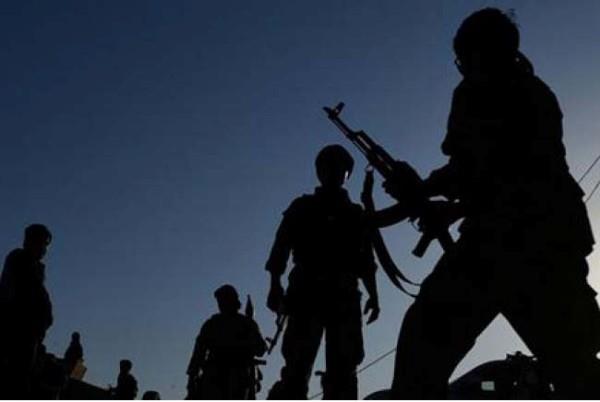
Afghanistan- Combating Terrorism through Thorough Legislation
Although the US invasion in Afghanistan, following the 9/11 terrorist attack, led to the downfall of the Taliban's regime, the civilian casualties did not come to an end. The Taliban fighters continued their terrorist attacks and targeted Afghan civilians, besides Afghan soldiers and foreign troops, to put pressure against Kabul government.
To view the large-scale terrorist attacks, Afghanistan can be called the capital of terror in Asia as France is entitled the capital of terror in Europe. Afghanistan in Asia and France in Europe came under severe terrorist attacks within past years and both nations sustained heavy casualties.
To mitigate terrorist attacks, France tightened security measures especially after Charlie Abdu Office was attacked in January 2015. The state sought to adopt strong anti-terrorism measures so as to bring terrorism to an end. However, this did not bear the desire result it rather widened the gap between executive criminal policy and other criminal policies, including legislative and judicial criminal policies. The same issue was observed in criminal policy of Afghanistan within the past years.
According to a source, Afghan government established a particular court for reaching out terrorist issues in Bagram. That is to say, those who are involved in terrorist acts are prosecuted in this court. However, this issue could not reduce militancy in the country. Despite this strict measure, militancy has mounted in the country within the last couple of years.
To ponder over the issue of adopting strict measures regarding the acts of terror, one will draw a conclusion that policy had a strong influence over legislation both in France and Afghanistan. In other words, instead of legislating policy, law has been politicized. Hence, law was exploited by politicians. For example, adopting strict measure in terms of terrorist acts following the attack on Charlie Abdu Office in France rooted in political issue without having the result analyzed by legislators, sociologists, or psychologists.
Similarly, Pakistan started hanging the Taliban prisoners after the attack on a military school in Peshawar that left more than 150 students dead, including 133 students aged between 9 and 16. The Taliban called the backlash a revenge. So, this was also a political issue that influenced the law.
Legislating policy will play a constructive role in a society and will ensure the public rights and freedoms. But politicizing law will not bear the desired fruit since it is short-term and superficial. In some cases, adopting strict measure will be counterproductive and change criminals into more dangerous ones. So, it should be noted that violent punishment will not necessarily reduce the crime rate. Legislation should not change into a political tool or else the fundamental rights and liberty of the public will carry no weight.
In some states, adopting strict preventive measures for reducing terrorist issues curtailed the rights and freedoms of citizens. For example, security institutions had information about the secret issues of citizens, including their financial and medical issues. Violating one's privacy for security issue will put an adverse effect on citizens who will be disturbed mentally.
It is believed that analyzing the consequences of law and legislating on the basis of legal, sociological, and psychological reasons will mitigate the crime rate, ensure the public rights and freedoms, and strengthen the security issue. Legislators, rather than political figures, should play greater role in legislative issues. In short, if legislation is viewed from political lens, it will not be effective enough.
Moreover, the form and nature of law should go in a parallel way. In Afghanistan the nature of law regarding terrorist issue is very harsh, but the form is the same as it is applied in normal crimes. If the form and nature of law are not similar, it will not come to fruition.
To sum up, politicizing law is not an appropriate strategy for combating crime, including terrorist issue. However, legislating policy and approving a law parallel in form and nature will ensure the rights and freedoms of citizens and reduce militancy. To combat terrorism and prevent from civilian casualties, Afghanistan is also in need of adjusting the law about terrorist issues. It is worth saying that only approving law will not reduce the challenges but it must be enforced properly.

Legal Disclaimer:
MENAFN provides the
information “as is” without warranty of any kind. We do not accept
any responsibility or liability for the accuracy, content, images,
videos, licenses, completeness, legality, or reliability of the information
contained in this article. If you have any complaints or copyright
issues related to this article, kindly contact the provider above.

















Comments
No comment